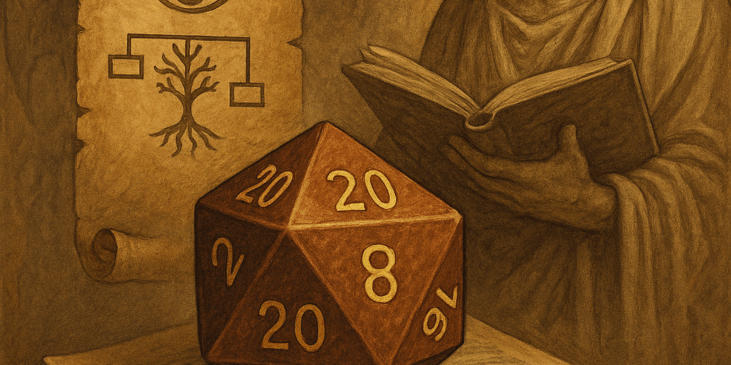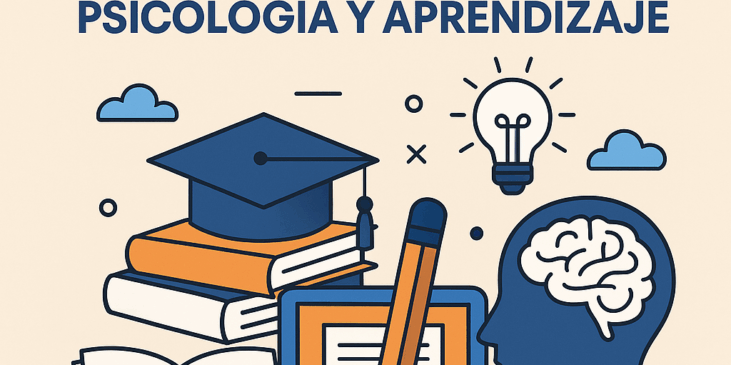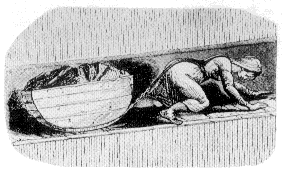Este artículo presenta un glosario comparativo que aplica conceptos fundamentales de la filosofía—como ontología, epistemología y poética lúdico-narrativa—al estudio y diseño de los tabletop role-playing games (TTRPGs). Más allá del entretenimiento, los TTRPGs son abordados aquí como sistemas complejos de co-creación narrativa, espacios de aprendizaje y objetos de análisis crítico. Este enfoque propone un marco transdisciplinario que conecta la tradición filosófica con prácticas lúdicas contemporáneas, brindando herramientas teóricas para investigadores, educadores y diseñadores.
Finding Better Questions: A Guide to Effective Communication, Expertise, and Learning in Complex Systems
This post explores how effective communication begins not with answers, but with the ability to ask better questions. Drawing on a systems-thinking framework, it presents key models for expertise development, meaningful dialogue, and interdisciplinary problem-solving. Educators, researchers, and leaders will find actionable strategies to clarify purpose, navigate complexity, and foster deeper engagement through reflective inquiry.
Revistas Académicas Gratuitas para Publicar Artículos en Educación, Psicología y Aprendizaje
Este blog reúne una selección curada de Revistas Académicas Gratuitas para Publicar Artículos en Educación, Psicología y Aprendizaje. Incluye publicaciones de acceso abierto, sin APC, que aceptan trabajos en español e inglés. Ideal para docentes, investigadores y estudiantes que deseen compartir su conocimiento sin barreras económicas.
Diseños de Investigación de Métodos Mixtos: Una Guía Explicativa
Los diseños de métodos mixtos combinan enfoques cuantitativos y cualitativos para proporcionar una comprensión más profunda de fenómenos complejos. Este artículo describe los principales tipos de diseños mixtos: concurrente, secuencial (DEXPLOS y DEXPLIS), embebido, transformativo y multietapa, explicando su estructura, propósito y aplicación, con referencias a Sampieri et al. (2022).
Unlocking Multi-Sector Collaboration: A Guide to the Collaborative Convergence Pyramid
Discover the transformative power of the Collaborative Convergence Pyramid (CCP), a dynamic framework designed to streamline communication and collaboration across multiple sectors. Rooted in multidisciplinary approaches, the CCP offers invaluable insights for academics, policy-makers, and practitioners, especially in STEM fields. Learn how it addresses linguistic barriers, functional roles, and more, all while reducing uncertainty and leading toward sustainable solutions.
Dr Jasmin Cowin to present at the 23rd European Cultures in Business and Corporate Communication research network conference
In an era marked by rapid advancements in algorithmic technologies, the forthcoming EUCO 2023 conference will feature a seminal paper titled ‘The (Algorithmic) Cage,’ authored by Dr. Jasmin Cowin, Dr. Birgit J. Oberer, and Cristo Leon, Ph.D. candidate. This interdisciplinary research critically explores the dual role of Artificial Intelligence in shaping digital communication, addressing its socio-economic implications. From job displacement to language digitization, the paper delves into many concerns, including the digital divide, privacy, and security. By bridging disciplines such as TESOL, business administration, and interdisciplinary research, the study serves as a vital discourse in understanding the complexities and ethical considerations in a digitally transforming world.
Matrices de características de los paradigmas.
Introducción. La complejidad de identificar los paradigmas en la investigación hace necesaria la creación de matrices que nos permitan organizar de manera gráfica las diferentes dimensiones y usos de los mismos. Este artículo tiene como objetivo examinar y comparar paradigmas…
Zotero vs ATLAS.ti
¿Cuál es la mejor herramienta para organizar y analizar datos de investigación?
Article «Researching Communities of Practice when transitioning In-service Educator Training to Blended Learning»
El Departamento de Educación de Nueva Jersey buscó desarrollar una comunidad de aprendizaje profesional en línea para 150,000 educadores en casi 600 distritos escolares. Los autores presentan un análisis posterior al proyecto del proyecto desarrollado en apoyo de situaciones de aprendizaje presencial, semipresencial y completamente en línea
Presentación del projecto «Mega-Campañas»
Los autores de esta investigación buscan contribuir al cuerpo de conocimiento del fenómeno de los juegos de rol, con un fuerte énfasis en el contexto y los puntos de encuentro de la co-creación.








